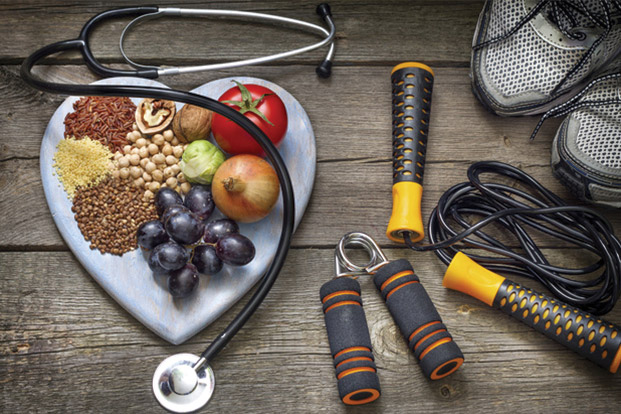Foods that you eat can affect your bones and your body
Apr 19, 2022
Your bones do such a good job supporting your every move, it’s easy to take them for granted. But your skeleton is in constant need of replenishment. As early age of 25, you can start to lose more bone than you build, leading to progressively thinner, weaker bones as you grow older and raising your risk for osteoporosis or debilitating fractures and breaks.
Your body doesn’t absorb calcium well from foods that are high in oxalates (oxalic acid) such as spinach. Other foods with oxalates are rhubarb, beet greens and certain beans. These foods contain other healthy nutrients, but they just shouldn’t be counted as sources of calcium.
Eating for Good Bone Health
Beans (Legumes)
While beans have calcium, magnesium, fiber and other nutrients, also high in substances called phytates. Phytates interfere with your body’s ability to absorb the calcium that is contained in beans.
Meat and Other High Protein Foods
It’s important to get enough, but not too much protein for bone health and overall health. You can make up for this loss by getting enough calcium for your body’s needs.
Salty Foods
Eating foods that have a lot of salt (sodium) causes your body to lose calcium and can lead to bone loss. Try to limit the amount of salt.
Spinach and Other Foods with Oxalates
Wheat Bran
Like beans, wheat bran contains high levels of phytates which can prevent your body from absorbing calcium. However, unlike beans 100% wheat bran is the only food that appears to reduce the absorption of calcium in other foods eaten at the same time. For example, when you have milk and 100% wheat bran cereal together, your body can absorb some, but not all, of the calcium from the milk. The wheat bran in other foods like breads is much less concentrated and not likely to have a noticeable impact on calcium absorption. I
If you are a heart patient or at risk for heart disease, cardiology experts suggest eating a high-calcium diet.
Our bones support us and allow us to move. They protect our brain, heart, and other organs from injury. Our bones also store minerals such as calcium and phosphorous, which help keep our bones strong, and release them into the body when we need them for other uses.
Sources of Calcium
- Tofu
- Soy milk
- Green leafy vegetables (e.g., broccoli, brussels sprouts, mustard greens, kale)
- Chinese cabbage
- Beans/legumes
- Orange juice
- Nuts/almonds
- Dairy products (e.g., milk, cheese, yogurt)
Calcium required in the body :
|
Infants 0 to 6 months |
200 |
400 |
|
Infants 6 to 12 months |
260 |
400 |
|
1 to 3 years old |
700 |
600 |
|
4 to 8 years old |
1,000 |
600 |
|
9 to 13 years old |
1,300 |
600 |
|
14 to 18 years old |
1,300 |
600 |
|
19 to 30 years old |
1,000 |
600 |
|
31 to 50 years old |
1,000 |
600 |
|
51- to 70-year-old males |
1,000 |
600 |
|
51- to 70-year-old females |
1,200 |
600 |
|
>70 years old |
1,200 |
800 |
|
14 to 18 years old, pregnant/lactating |
1,300 |
600 |
|
19 to 50 years old, pregnant/lactating |
1,000 |
600 |
Definitions: mg = milligrams; IU = International Units
Source: Food and Nutrition Board, Institute of Medicine, National Academy of Sciences, 2010.










